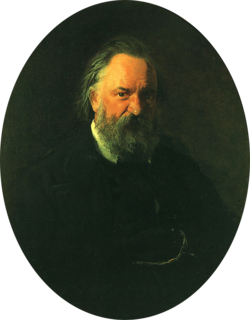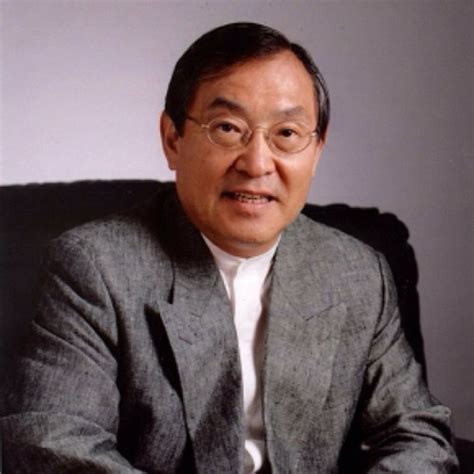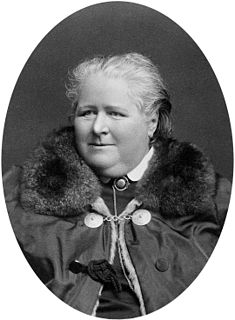A Quote by Alain de Botton
[T]he unsympathetic assessments we make of others are usually the result of nothing more sinister than our habit of looking at them in the wrong way, through lenses clouded by distraction, exhaustion and fear, which blind us to the fact that they are really, despite a thousand differences, just altered versions of ourselves: fellow fragile, uncertain, flawed beings likewise craving love and in urgent need of forgiveness.
Quote Topics
Altered
Beings
Blind
Clouded
Craving
Despite
Differences
Distraction
Exhaustion
Fact
Fear
Fellow
Flawed
Forgiveness
Fragile
Habit
Just
Lenses
Likewise
Looking
Love
Make
More
Need
Nothing
Others
Our
Ourselves
Really
Result
Sinister
Than
Them
Thousand
Through
Uncertain
Unsympathetic
Urgent
Us
Versions
Way
Which
Wrong
Wrong Way
Related Quotes
The choice to follow love through to its completion is the choice to seek completion within ourselves. The point at which we shut down on others is the point at which we shut down on life. We heal as we heal others, and we heal others by extending our perceptions past their weaknesses. Until we have seen someone’s darkness, we don’t really know who that person is. Until we have forgiven someone’s darkness, we don’t really know what love is. Forgiving others is the only way to forgive ourselves, and forgiveness is our greatest need.
Artists use frauds to make human beings seem more wonderful than they really are. Dancers show us human beings who move much more gracefully than human beings really move. Films and books and plays show us people talking much more entertainingly than people really talk, make paltry human enterprises seem important. Singers and musicians show us human beings making sounds far more lovely than human beings really make. Architects give us temples in which something marvelous is obviously going on. Actually, practically nothing is going on.
If we have goals and dreams and we want to do our best, and if we love people and we don’t want to hurt them or lose them, we should feel pain when things go wrong. The point isn’t to live without any regrets, the point is to not hate ourselves for having them… We need to learn to love the flawed, imperfect things that we create, and to forgive ourselves for creating them. Regret doesn’t remind us that we did badly — it reminds us that we know we can do better.
Everyone wants to be happy; happiness is a right. And while on a secondary level differences exist of nationality, faith, family background, social status and so on, more important is that on a human level we are the same. None of us wants to face problems, and yet we create them by stressing our differences. If we see each other just as fellow human beings, there'll be no basis for fighting or conflict between us.
I think we all carry within us different versions of ourselves. Our true, greatest, most honest versions of ourselves can either be developed and nourished, or it can remain dead from neglect. Most people opt for the easiest version rather than the best.
But in the end which version lives, which version thrives and which version dies, depends on the choices we make and the people in our lives.
The single most empowering thing we can do for ourselves is to transform fear. While fear contains tremendous power, it doesn't propel us forward and upward, but, rather, drags us down and chains us to the past. Freeing ourselves from fear is a loving intention because, as fear subsides, we are better able to access the soft, sweet power of our hearts, which naturally leads to loving ourselves and others more freely and completely.
Let us not be blind to our differences-but let us also direct attention to our common interests and to the means by which those differences can be resolved. And if we cannot end our differences, at least we can help make the world safe for diversity. For, in the final analysis, our most common link is that we all inhabit this small planet. We all breathe the same air. We all cherish our children's future. And we are all mortal.
It is hard to let old beliefs go. They are familiar. We are comfortable with them and have spent years building systems and developing habits that depend on them. Like a man who has worn eyeglasses so long that he forgets he has them on, we forget that the world looks to us the way it does because we have become used to seeing it that way through a particular set of lenses. Today, however, we need new lenses. And we need to throw the old ones away.
Real life is a funny thing, you know. In real life, saying the right thing at the right moment is beyond crucial. So crucial, in fact, that most of us start to hesitate, for fear of saying the wrong thing at the wrong time. But lately what I've begun to fear more that that is letting the moment pass without saying anything. I think most of us fear reaching the end of our life, and looking back, regretting the moments we didn't speak up. When we didn't say "I love you." When we should've said "I'm Sorry." When we didn't stand up for ourselves or some one who needed help.
In our concern for others, we worry less about ourselves. When we worry less about ourselves an experience of our own suffering is less intense. What does this tell us? Firstly, because our every action has a universal dimension, a potential impact on others' happiness, ethics are necessary as a means to ensure that we do not harm others. Secondly, it tells us that genuine happiness consists in those spiritual qualities of love, compassion, patience, tolerance and forgiveness and so on. For it is these which provide both for our happiness and others' happiness.



































